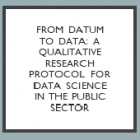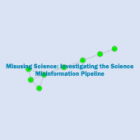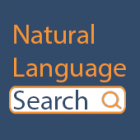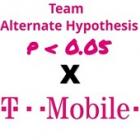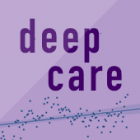
Deepcare
Deepcare is working with SEIU 775 Benefits Group, Washington’s leading homecare benefits provider, to uncover key causes of turnover in the homecare industry. The annual turnover rate is approaching a staggering 60%, meaning that in Washington alone, 30,000 additional aides will be needed in the next decade. We built a data-mart and performed some data analysis in order to uncover the causes and predictors of this high turnover rate, and found out that much of what was conventionally thought to be true about this industry wasn’t. These results will let SEIU Benefits Group most efficiently teach and train workers.



